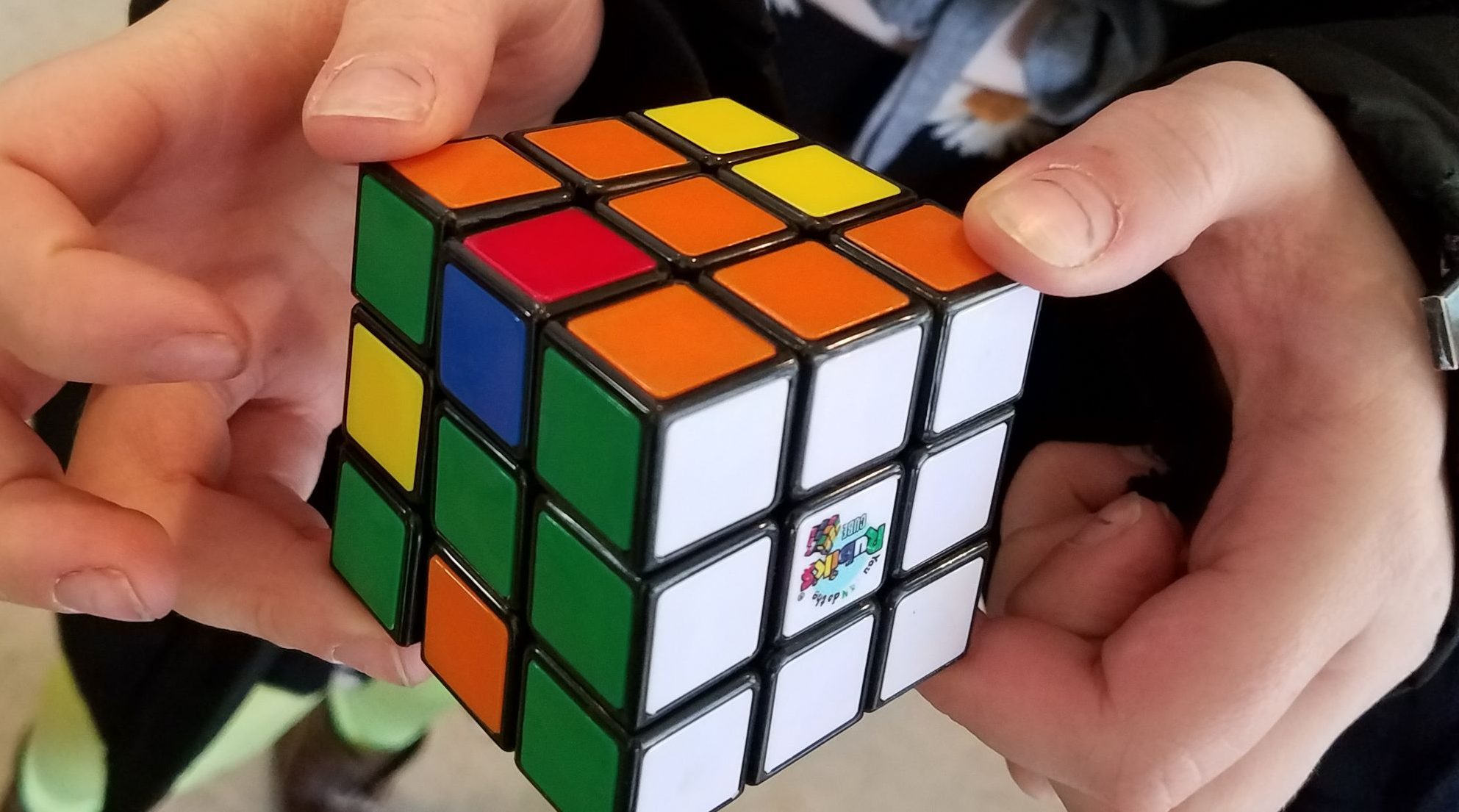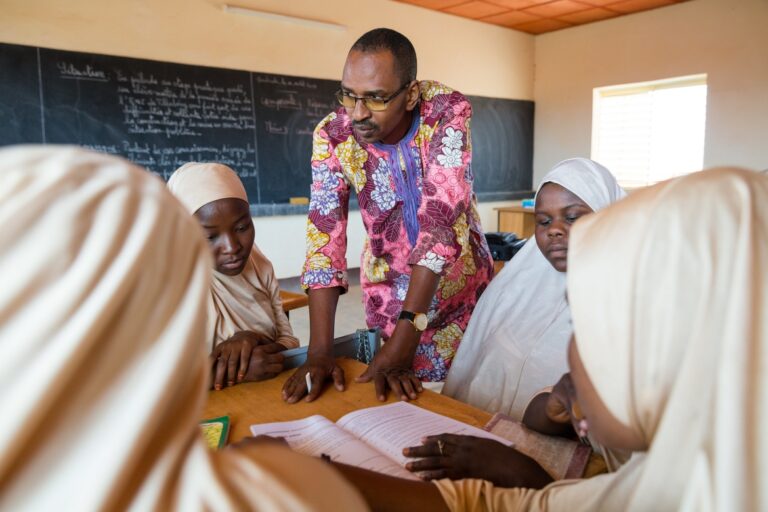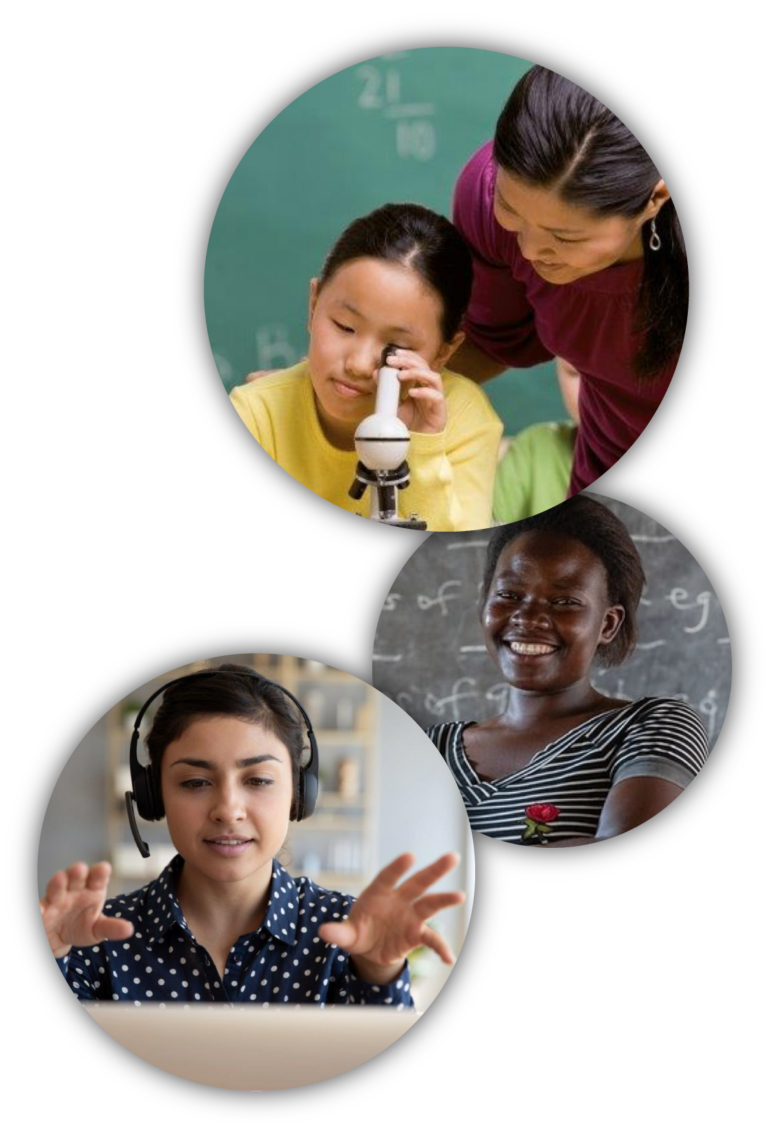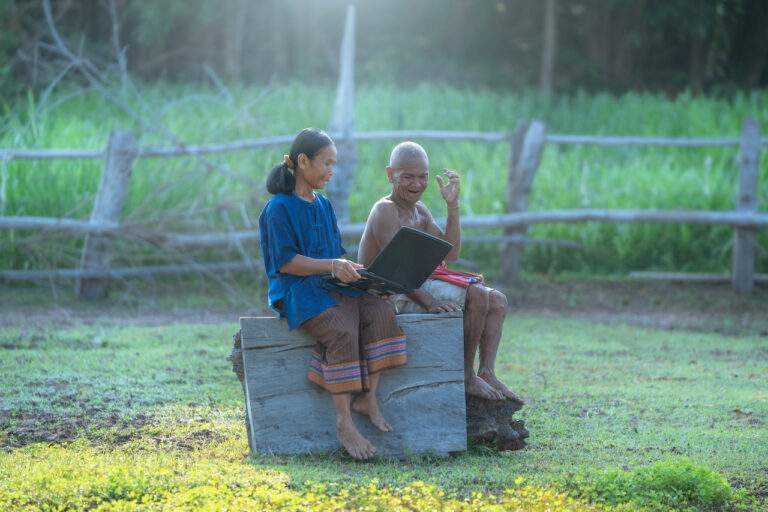Story Source: Edutopia ~ Go to Original Article
“I don’t like math,” my students commonly say. The alternative high school in rural Colorado where I’ve been working for the last two-and-a-half years serves students ages 14 to 20, who come to us when they have not done well in traditional environments since we have more freedom to use creative instructional methods to meet their needs.
Thinking about that comment, I used to ask myself, “How would the students’ attitudes toward math change if there was an opportunity to experience a different side of math, one that involved hands-on learning, promoted teamwork, and ended in a product to be proud of?” I thought I could use Rubik’s Cubes to facilitate camaraderie among my math-anxious and math-eager students, based on my own love of the popular puzzle………



